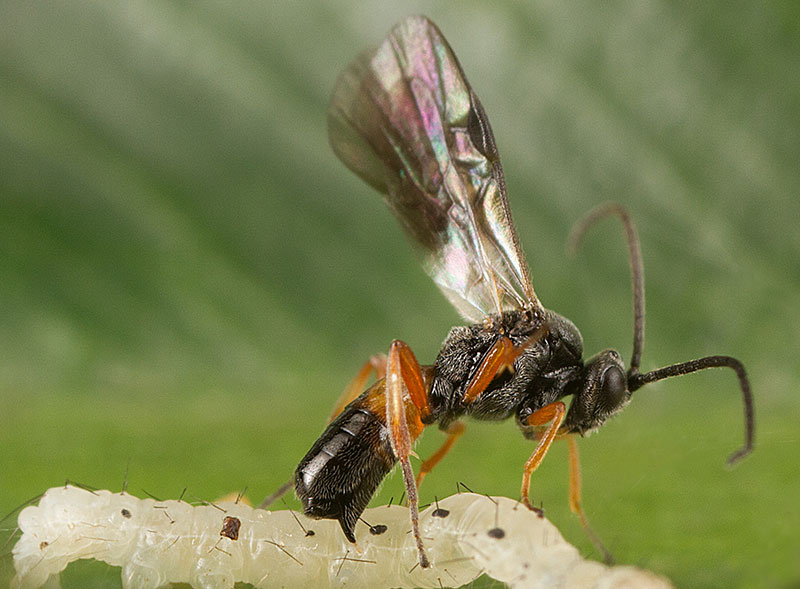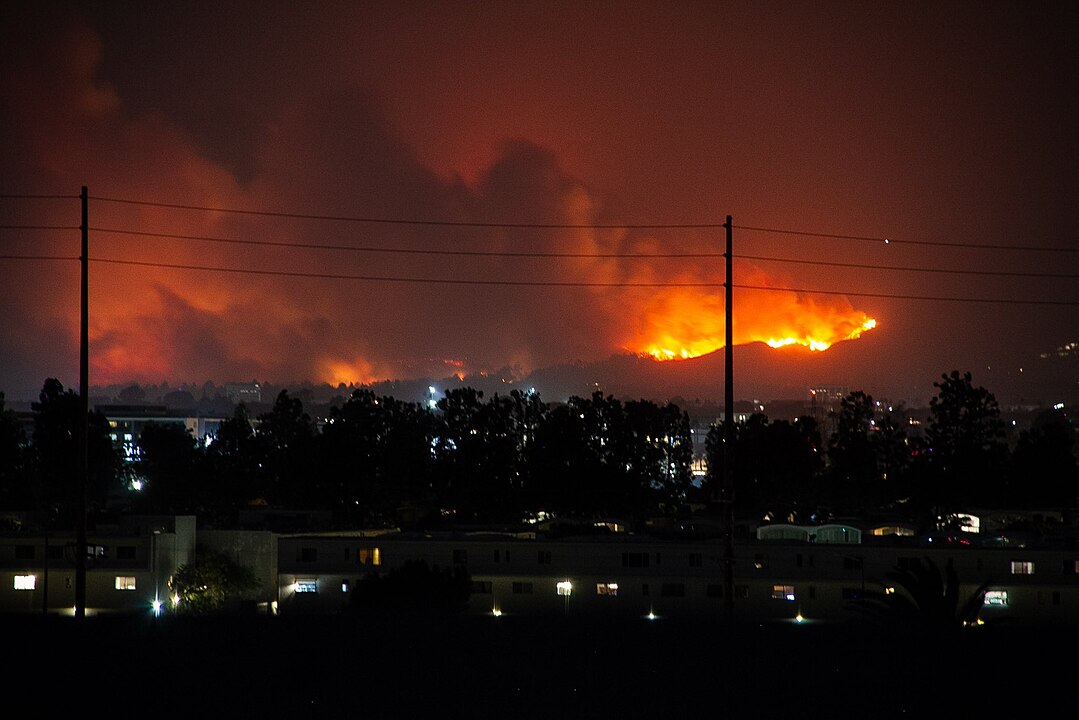 CAES News
CAES News
Estate Planning
In their later years, many people find themselves unprepared to manage the assets they’ve worked a lifetime to accumulate. Without a clear estate plan, families can face emotional turmoil, legal disputes and the potential loss of generational wealth. To address this topic, a collaborative effort between University of Georgia Cooperative Extension and Fort Valley State University Extension hosts workshops and one-on-one clinics designed to equip residents with the knowledge and resources they need to protect their assets.








